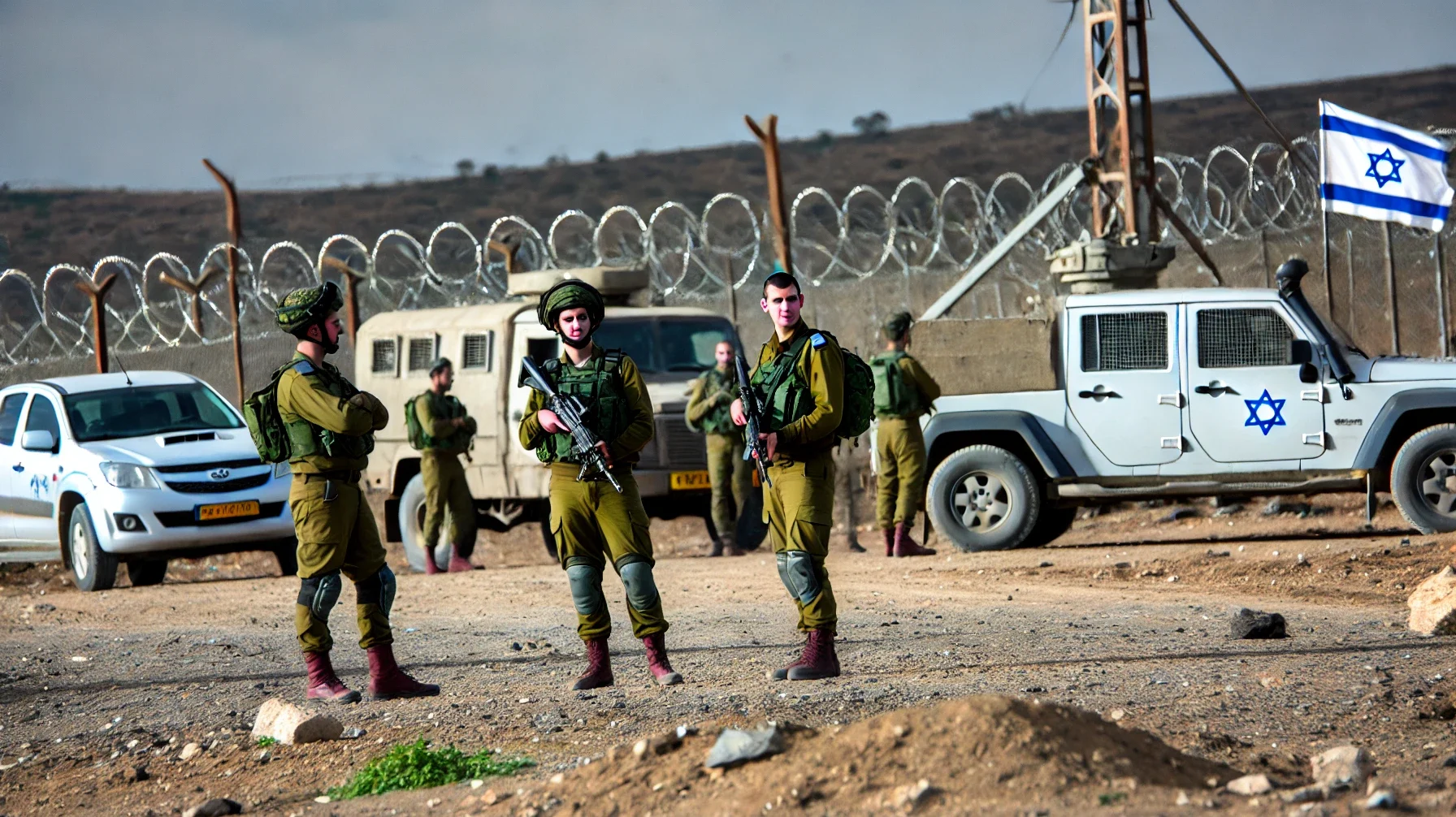How Did the Army’s Role Become Negative in Israel?
Al-Ittihad, UAE, June 29
Dramatic changes are afoot in Israel. The army, once the cornerstone of the Hebrew state and its guardian in a perpetually hostile regional environment, now finds itself at the center of a contentious political debate. Notably, it has drawn criticism from Israeli Prime Minister Netanyahu and various political leaders and opposition figures, who accuse it of exacerbating the nation’s current woes. The Israeli Defense Forces are now mired in a profound structural crisis, attributed to their lackluster performance in Gaza and their hesitancy to engage on the northern front, where Hezbollah poses a significant threat. The IDF’s recent operations, particularly the heavy-handed actions in Rafah, Khan Yunis, and Gaza City, have not only resulted in substantial military losses but have also tarnished Israel’s international reputation. These actions have propelled Israel into the International Court of Justice on charges of genocide and exposed its leaders and military officials to significant legal scrutiny. Consequently, the Israeli army’s standing has suffered globally, now seen as an entity striving for victory at any cost, even amid calls from former military leaders to cease combat operations in favor of security arrangements. The crux of the situation lies in what strategies will emerge next, necessitating solid and coherent policies rather than vague and indecisive approaches. This signals a critical juncture for Israel, requiring a comprehensive reassessment of its positions beyond just military tactics. Some leaders have already retreated from the scene, with others dismissed—an upheaval that has extended to the intelligence community in unprecedented ways. This turmoil underscores the shifting dynamics within the IDF, led by new commanders eager to establish their legacy, despite their inexperience in Gaza warfare and a lack of regular combat since the October 1973 war. The prevailing circumstances demand a restructuring within the army and a clear delineation of the defense minister’s responsibilities, rather than allowing Prime Minister Netanyahu to encroach on military affairs. Amid these adjustments, the army continues to navigate a landscape of political and security arrangements, ensuring that it operates within a framework of coherence. Civil-military relations in Israel are distinct and unlikely to shift unless Israel’s national security faces a severe threat. The ongoing Haredi crisis, concerning the recruitment of ultra-Orthodox members into the army, remains unresolved, with the Knesset postponing decisions on the matter. However, the underlying threat to state cohesion and national security persists, especially as new laws threaten to further harm the army’s reputation and operational efficacy. The IDF finds itself embroiled in a struggle over priorities and tasks, adapting to an evolving national system that shows signs of erosion. Key figures within Israel’s religious establishment worry about the erosion of their principles, fueling quiet discussions about the army potentially challenging the political status quo. This sentiment is bolstered by military leaders preparing to join political factions that oppose Netanyahu’s approach, viewing his leadership as a threat to the Hebrew state’s future and advocating for alternative leadership. As influential party leaders fade and less capable individuals assume political roles, Israel’s leadership landscape is increasingly dominated by figures lacking substantial political backgrounds. Many of these leaders emerge from settler movements, thrusting Israel into a right-wing governance cycle. Consequently, Israel may witness military actions aimed at countering conflicting political choices, fostering concerns that this divide may permeate society. The nation now finds itself split between those advocating for continued confrontation under Netanyahu and those calling for a cessation to preserve the state’s fundamental principles. —Tarek Fahmy (translated by Asaf Zilberfarb)
This holiday season, give to:
Truth and understanding
The Media Line's intrepid correspondents are in Israel, Gaza, Lebanon, Syria and Pakistan providing first-person reporting.
They all said they cover it.
We see it.
We report with just one agenda: the truth.



